"Fifty Gifted and Talented (G&T) learners from Birchwood Community High School were involved in the project, alongside five learners from year 3 G&T from years of Gorse Covert Primary School. Staff and learners from Birchwood Primary School
were also involved in the training and piloting of Thinking Maps although they removed themselves from the final research outcomes.
We identified G&T learners in line with our respective G&T policies (please refer to
appendices) Bob Burden’s NFER questionnaire Myself As a Learner Scale (MALS)
was used to base line the academic self concept of our G&T cohorts.
Birchwood Community High (BCHS) and Gorse Covert Primary school conclude that
Thinking Maps were an effective tool in raising the quality of pupils thinking and
planning. On average BCHS learners improved their SAT scores by one complete
level. Gorse Covert Primary School learners demonstrated that they were able to
organise and sustain their writing through the usage of Thinking Maps."
Tuesday, August 28, 2007
Thinking Maps with Gifted and Talented Students
Much of the research about the effectiveness of Thinking Maps has been conducted on underachieving students. However, The Thinking Maps Foundation does offer grants to educators who wish to study the effectiveness of the maps. One study, conducted on Gifted and Talented high school students, found that students involved in the school's Thinking Map project, did improve their SAT scores one complete level. A brief sampling from the study is below. The complete 34-page study is available from Thinking Maps Foundation.
Subscribe to:
Post Comments (Atom)
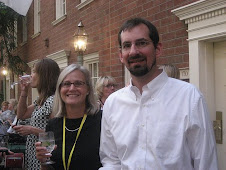
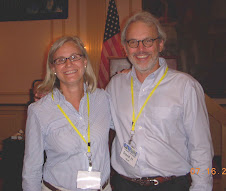
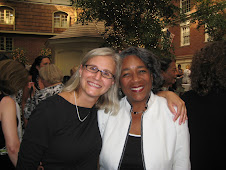
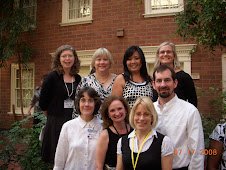
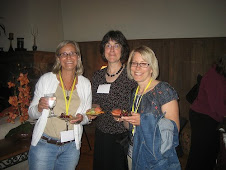
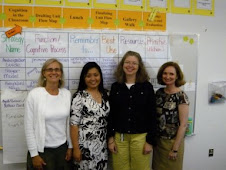

4 comments:
The more I think about it, the more excited I am to try NUA strategies with my enriched students.
I think the students will quickly pick up on the idea of using maps to solve similar types of problems. Enriched sophs are sometimes nervous about the expectations of the course, and I think NUA will help them build an arsenal of problem-solving tools.
I'm glad to know Enriched 10 will be using maps more. I think one of the problems we see with student attitudes toward maps is that they are used more often in "regular" classes than in the enriched and AP ones. While I can understand part of why this is--that our better students probably already do much of the metacognition that we must teach our regular students--all students may benefit from a better awareness of the types of thinking they use.
College students and even graduate students are having success with Thinking Maps. I feel everyone can benefit from explicitly communicating their metacognition processes. Congratulations KC for taking the maps to Enriched English 10.
Jackie... this blog is amazing...! I have enjoyed keeping track of the flow of ideas from all the teachers and the rich array of ideas. Please contact me (I sent an email that may not have gotten through) and maybe we can make a link to my non-profit foundation website (www.thinkingfoundation.org) where you found the enrichment research from England.
best to you!
David Hyerle
dhyerle@sover.net
Post a Comment